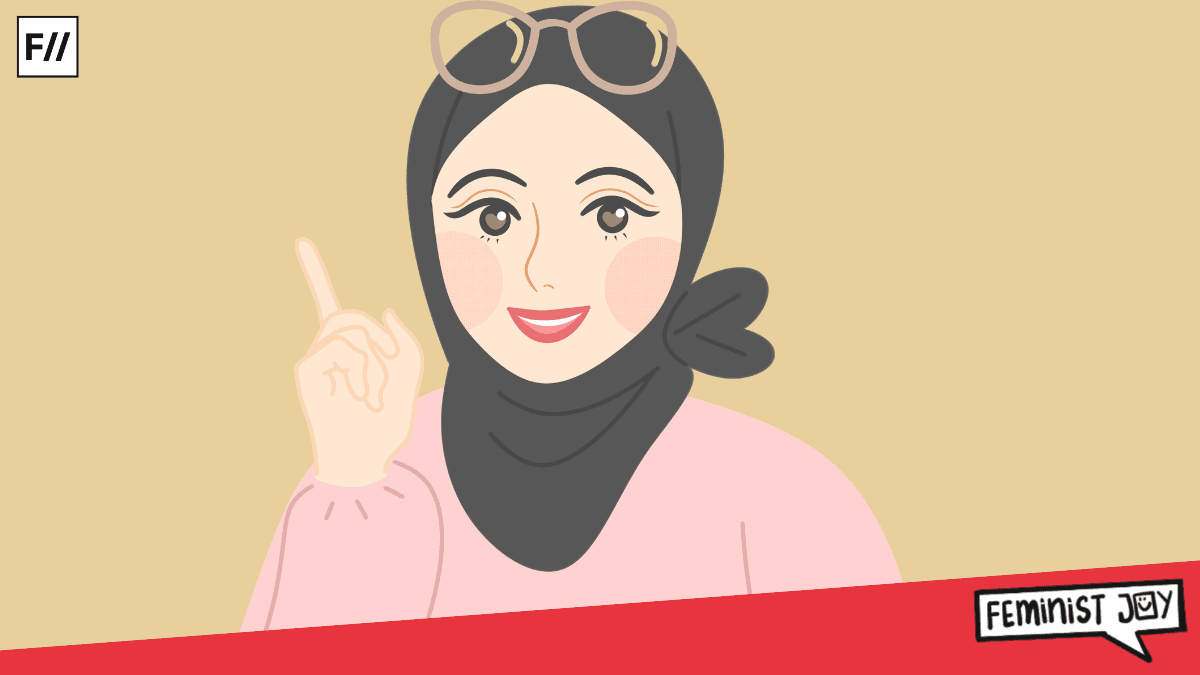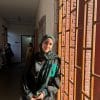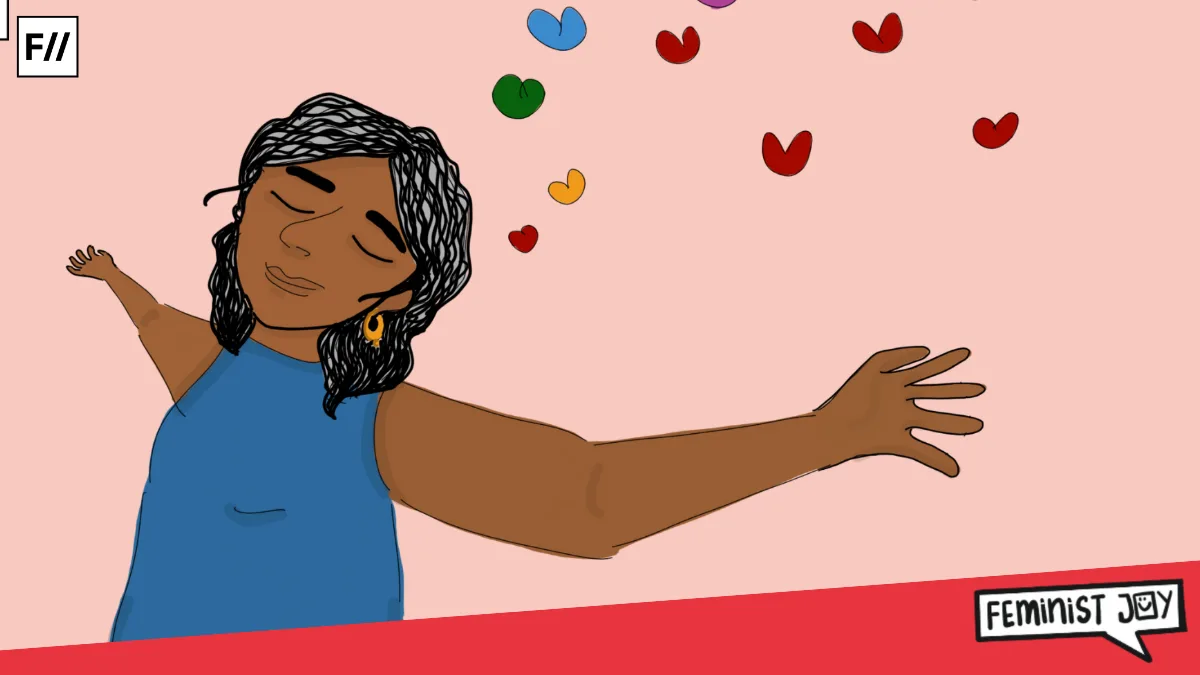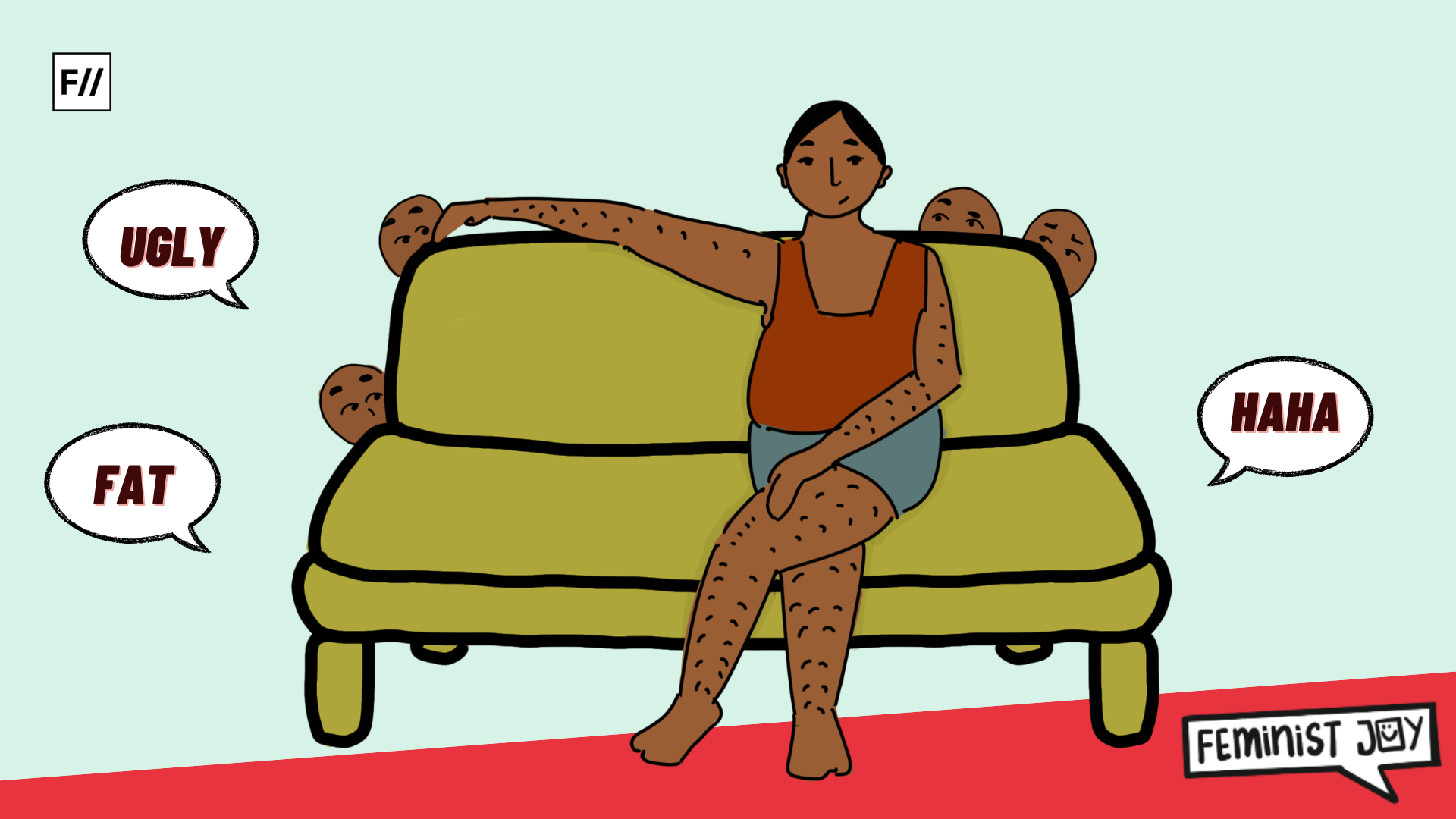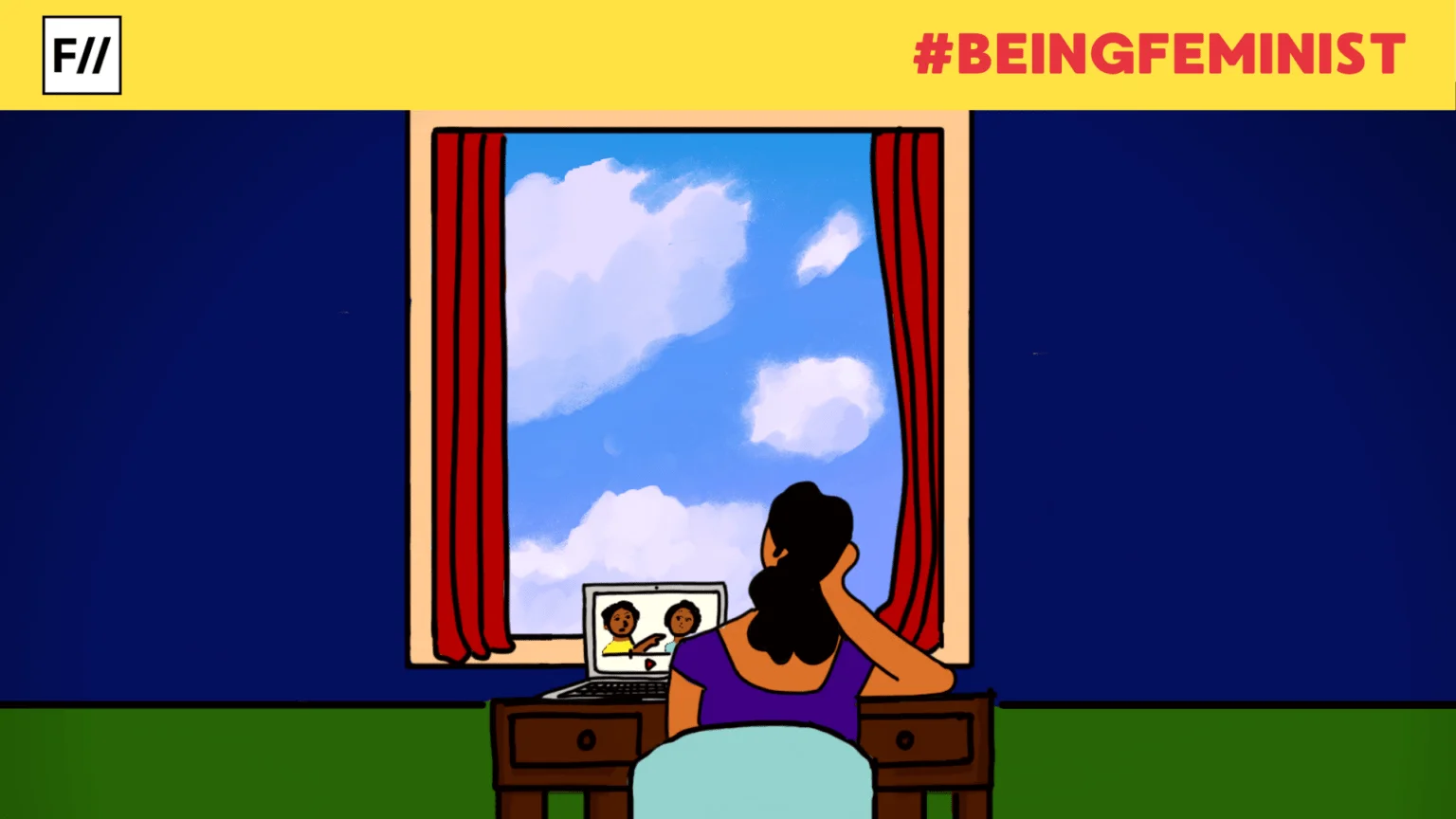When I first came to Delhi, I knew something in me had changed. Life, as I had known it for the past 18 years, was not going to be the same anymore. I knew it was going to be a moment of reckoning for me, an adult with dreams and ambitions who could make choices and mistakes. The world was just a breath away. There were so many questions—and I believed, earnestly, all the answers were tucked somewhere in the corners of this unfamiliar city.
One of the answers I couldn’t have foreseen was my religion.
Delhi is a demanding city. However, this also applies to any other environment you enter, as you are aware of the ease with which others may perceive you. You are subtly and at times forcefully nudged with the urge to fit in, to be identical in some ways, to soften your edges, and to be the echo of those around you. And amidst all of it, I found my feminist joy. I discovered my religion—stripped off the culture that entrenched it back home.
Feminism and Islam
Feminism and Islam—two words that have never found something in common, or so is what the world thinks. My Muslimness is visible in the way I dress—my hijab is an identity that I bear with pride and not because of internalised patriarchy—an idea that has always lingered in whispers around me. The history of choosing for women—deciding what is right and wrong for them, deeming them oppressed and pitying them—is equally harmful as actually oppressing them.
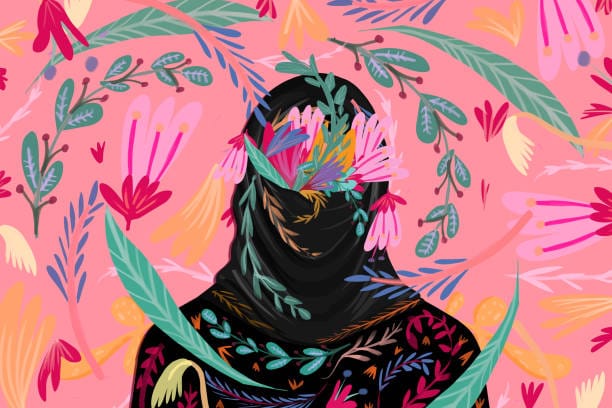
While patriarchy exists in cultural and religious spheres, the constant tussle of the condescending assumptions that Muslim women are “internally oppressed“ is based on the liberal notion of agency. This assumption thus presents the idea that appreciation of Muslim women and their ability to make “free choice” can only be accepted when it follows the liberal standards. Thus, a woman who chose to take off her hijab as a sign of protest (rightfully so) in an oppressive regime, but a woman embracing her hijab while simultaneously venturing into the male-dominated fields.
Anna C. Korteweg critically examines that the liberal notions of agency are only based on acts of resistance—breaking free from the social, religious and cultural constraints. This framing assumes that Western secular values are the norms. She argues that agency can also include the ways people act within their social and cultural systems, even without rejecting them outright.
My feminist joy: My religious identity and the scrutiny i confront
I am a woman who had as many “rights” as her brother growing up. Being treated with the same affection and tenderness as him is something I am grateful for and feel privileged to have experienced. I also had agency over my life. And I choose—something unconventional yet liberating. My joy of feminism lies in the lifestyle I continued to hold on to. It became a way of reclaiming something that was always mine. In the small everyday acts—praying not as an act of compulsion but because of the love I had for God and the peace that it brought with it.
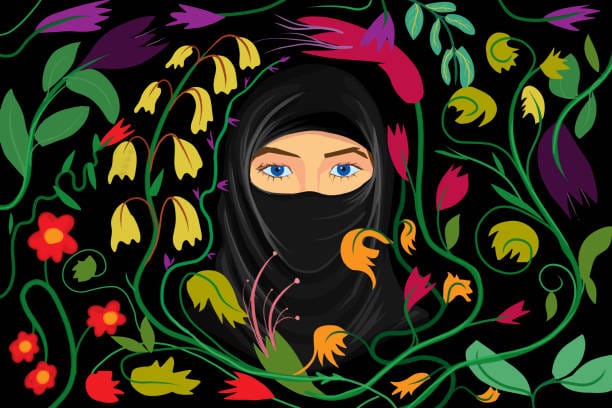
Not being a practising Muslim hijabi was a choice right at my doorstep. I could have taken the “easier” route, blended in and saved myself from a lot of scrutiny. But my joy was in the sense of control I felt with my religion. My faith has been the most feminist trait about me. Rediscovering my religion, on my own, has reminded me every day that I am worthy of dignity, of softness and of being treated as a human. There is also a sense of resistance in choosing something so many expect you to reject.
My feminism starts at home, looking at my mother, who has redefined what strength looks like. My mother—who has taught me that modesty and agency can coexist. That deviation isn’t submission to the patriarchal society. That I am not oppressed just because of the way I dress. That faith is not fear.
Delhi made me more political – it “radicalised” me in ways I never knew were possible. And part of that radicalisation was becoming more religious. While I see people that turn to the same God as me being scrutinised, oppressed and vilified, the infuriating ache to resist by existing in ways that are not deemed acceptable became my joy. My faith became the most feminist attribute I hold. It became my joy.
About the author(s)
Reeba Khan is a Political Science student at Delhi University. As a writer and student journalist, she has a keen interest in issues of identity, conflict, and politics of belonging. She writes to remember and to resist
